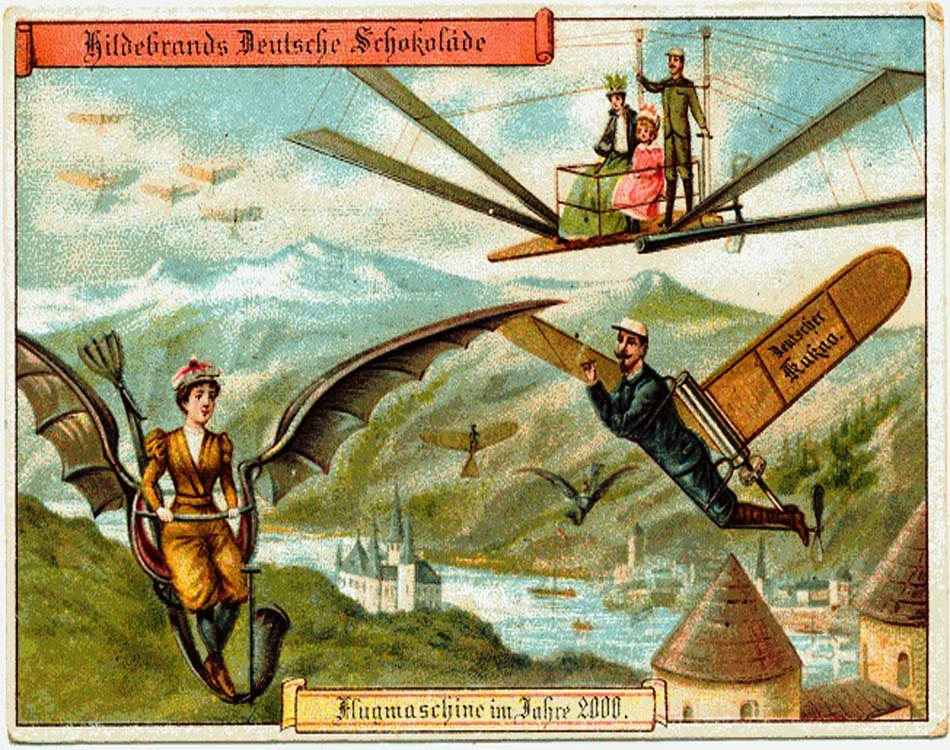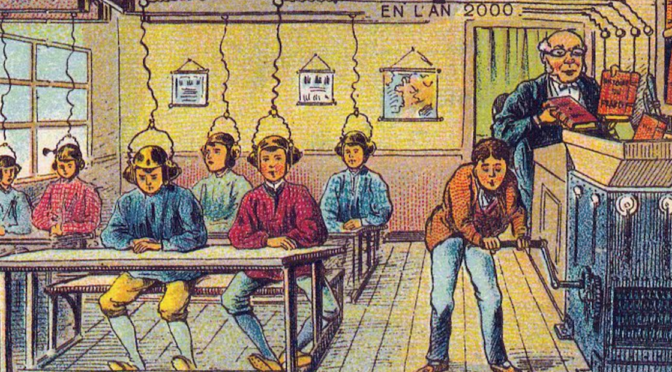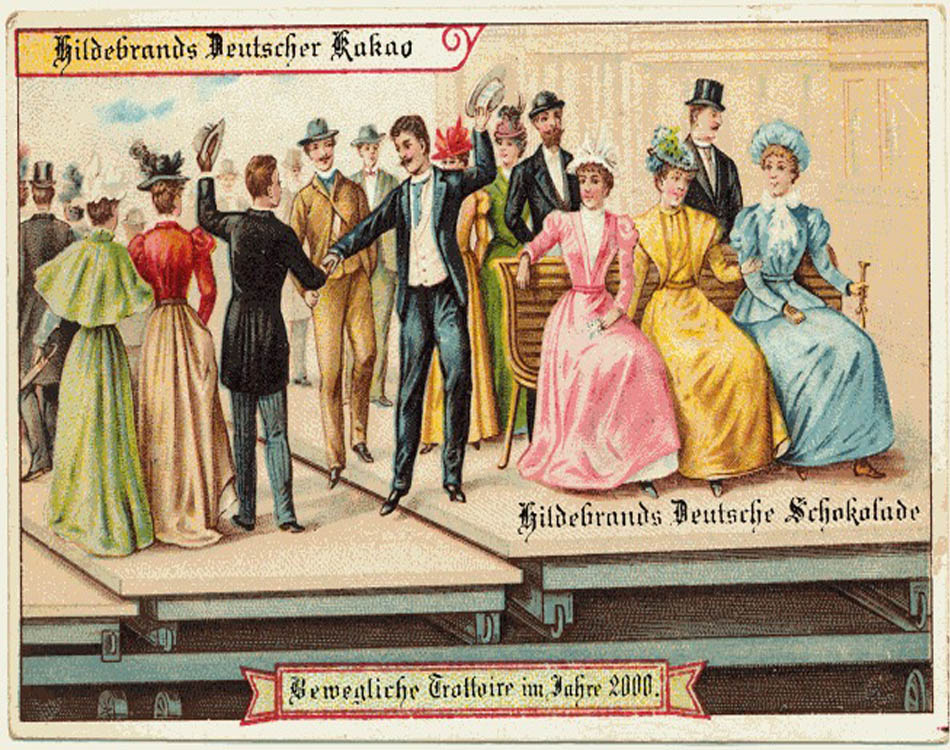March the 8th – we’re all familiar with Women’s day. A day attributing marvelous women who made an impact on the world. Sadly, along the way, many records were either swept under the mat or snatched by others taking claim to fame. Quite often, men would take claim for a woman’s work, there was an era where this was clearly an acceptable thing to do.
There are six particularly notable women who made a change we cannot forget:
1. Jocelyn Bell Burnell
Irish Astrophysicist, student of astronomy, architect and designer of the Planetarium in Northern Ireland. Receiving her PhD in Astronomy at Cambridge in 1969, assisting in the construction and design a telescope. One that would later on discover radio pulsars – the leftovers of massive stars.
On discovery, she noted that not only did these massive stars explode, but they left spinning stars behind them. She was also the first to observe and analyze them. Unfairly, her supervisor, Anthony Hewish and his colleague Martin Ryle received the 1974 Nobel Prize, even though her name along with her peers appeared in the academic publication which disclosed their discoveries.
Turning into complete outrage when she snubbed Nobel, her response on the subject in 1977 was quite something:
“There are several comments that I would like to make on this: First, demarcation disputes between supervisor and student are always difficult, probably impossible to resolve. Secondly, it is the supervisor who has the final responsibility for the success or failure of the project. We hear of cases where a supervisor blames his student for a failure, but we know that it is largely the fault of the supervisor.
It seems only fair to me that he should benefit from the successes, too. Thirdly, I believe it would demean Nobel Prizes if they were awarded to research students, except in very exceptional cases, and I do not believe this is one of them. Finally, I am not myself upset about it — after all, I am in good company, am I not!”
2. Ada, the Countess of Lovelace
Fearing that her daughter would follow in her father’s footsteps, Anne Isabella Byron pressed her daughter Ada to devote her life to the decidedly unpoetic world of mathematics.
Continue reading →

















